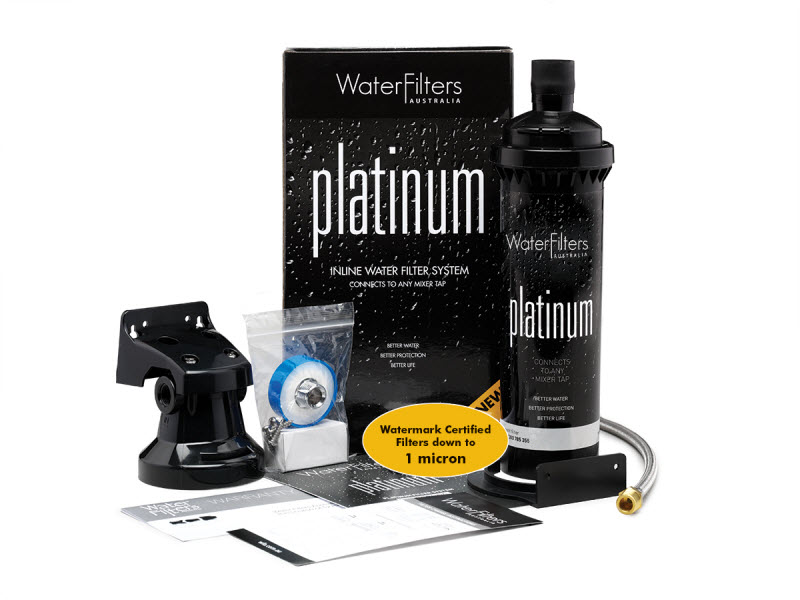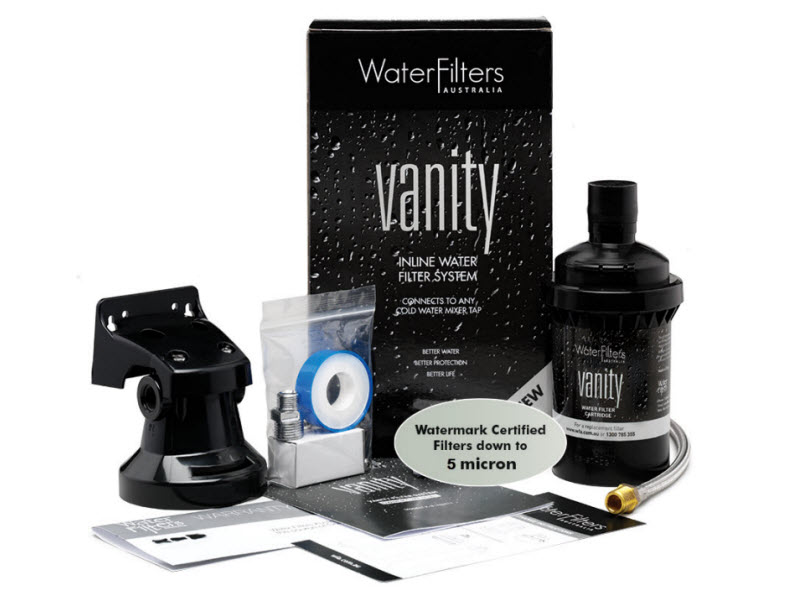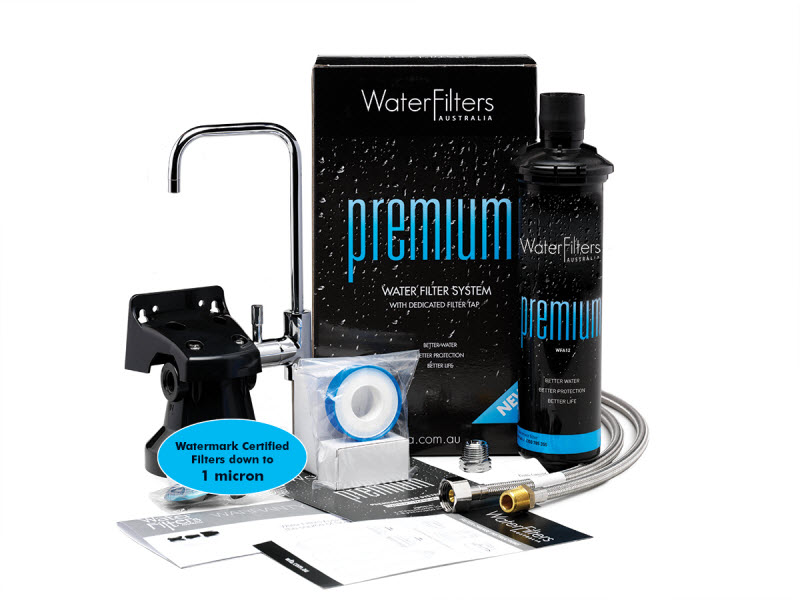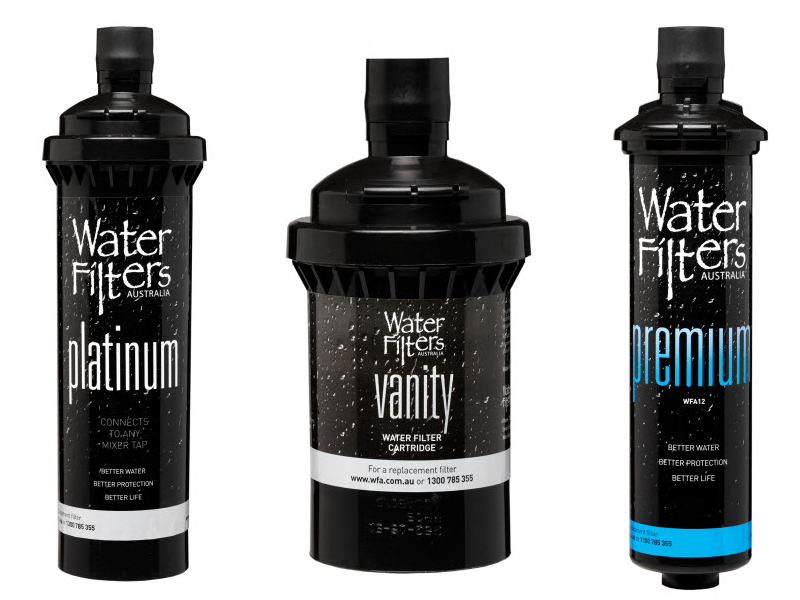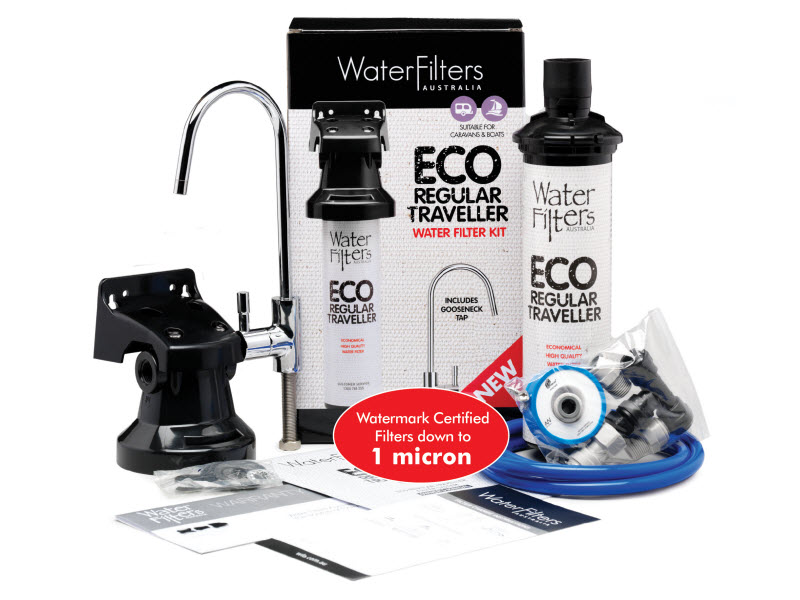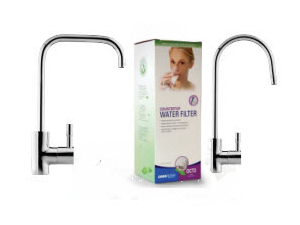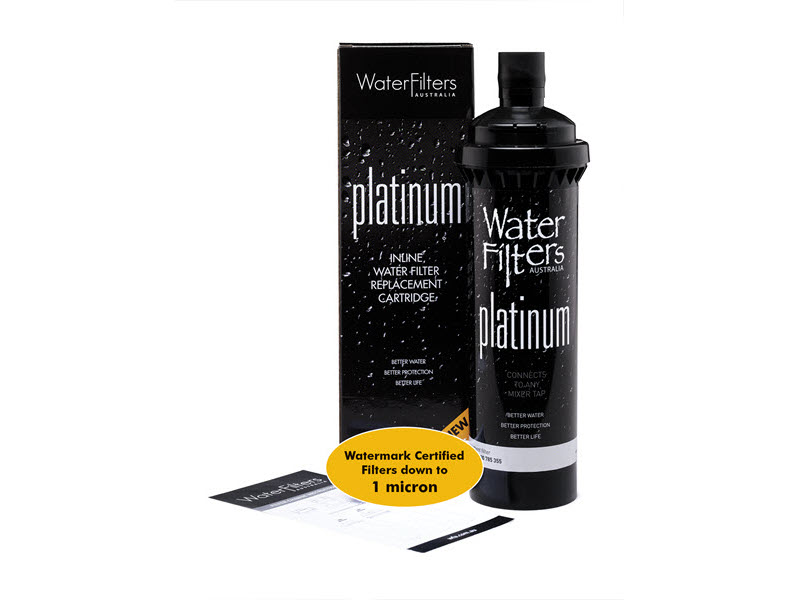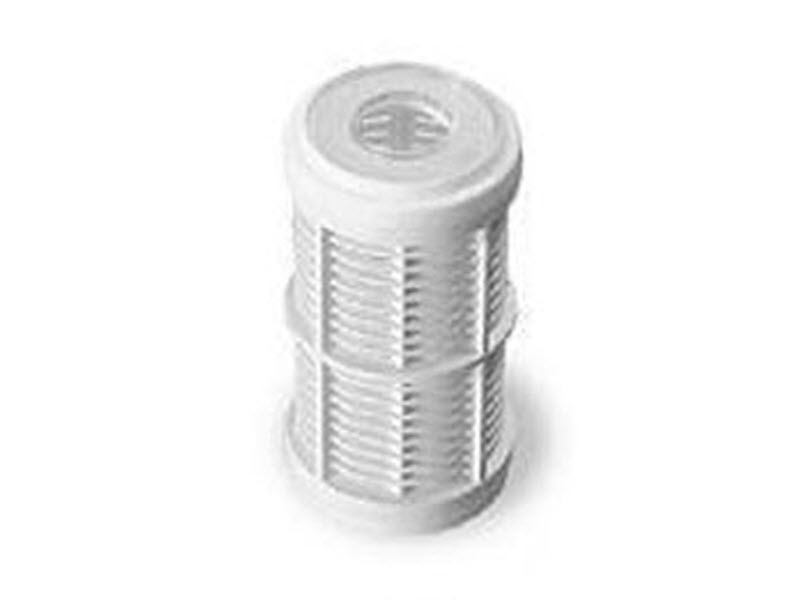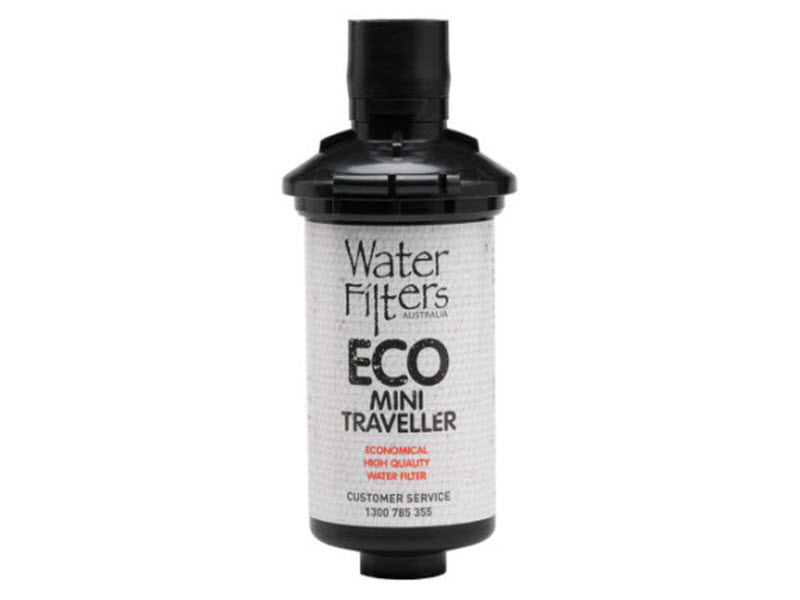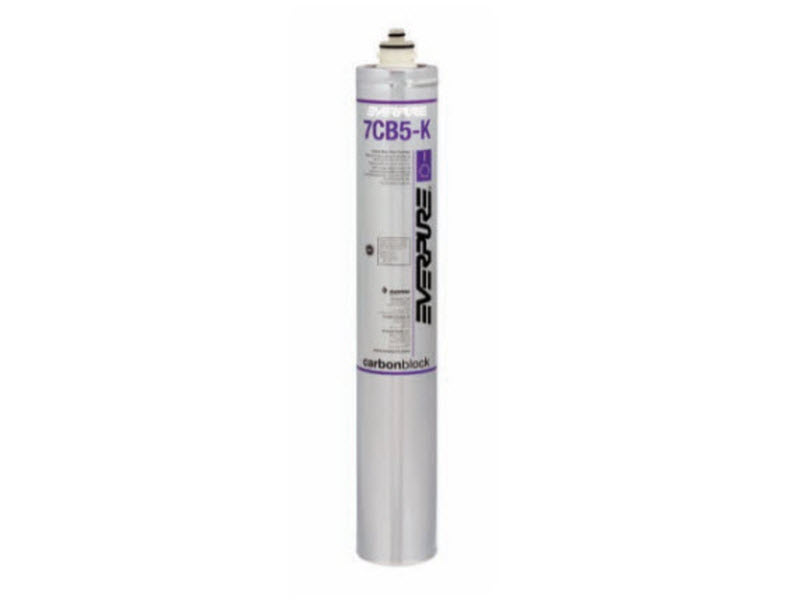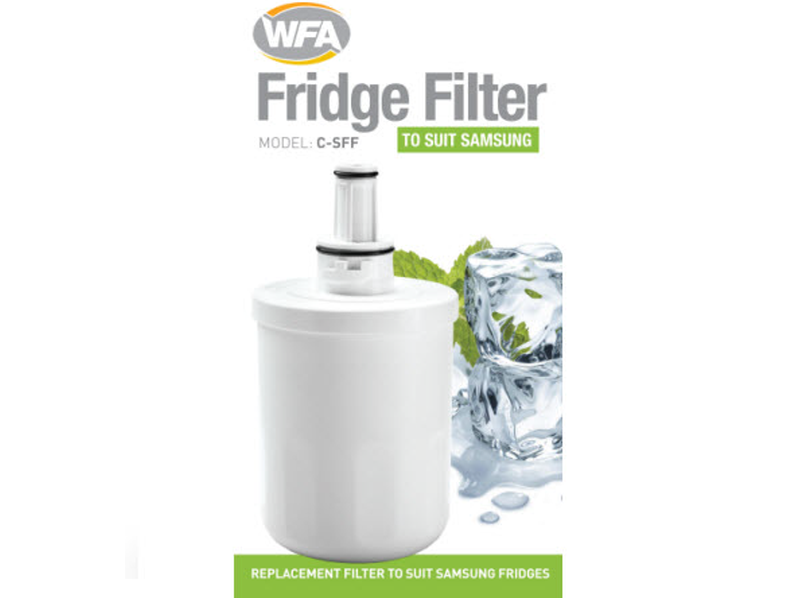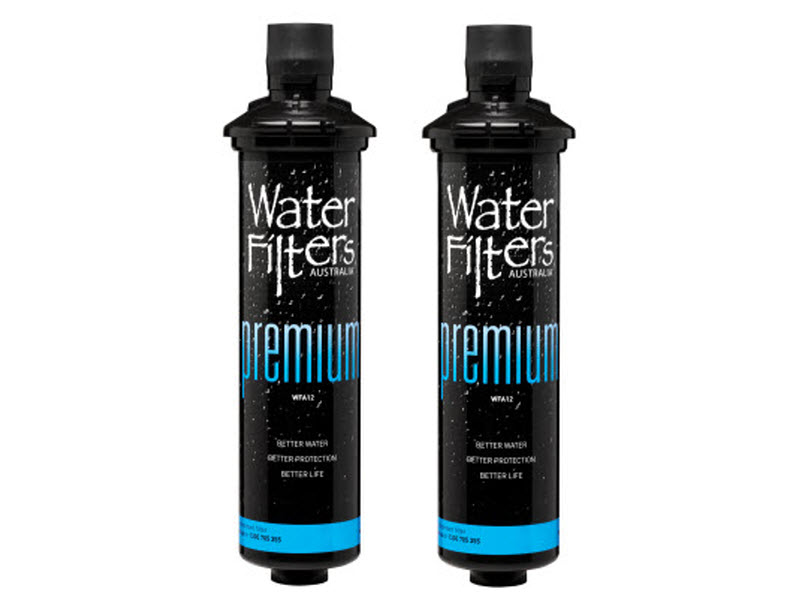The science behind warm versus cold filtered water


Your body makes complex adjustments in response to even the simplest choices. And whether warm or cold water is better for your body is a heated topic. The science behind it might surprise you. But some things are clear. Adequate hydration is the cornerstone of life and central to your wellbeing. Filtered water remains the best option for both taste and quality.
Water Filters Australia offers high-quality inline filters that give you access to cleaner water for everything you eat and drink. Temperature can change how your body responds to water, with research pointing to differences in absorption, digestion and comfort.
How water temperature affects hydration
Cool water is typically absorbed faster in the gastrointestinal tract than warm water, especially during exercise or after heat exposure. That’s why it tends to feel more thirst quenching at the gym or after a trip to the beach. That refreshing sensation also makes you drink more, which is especially important at these moments when your hydration needs are higher.
During exercise, especially in hot or humid conditions, drinking something cold can help the body stay cooler for longer. It slows the rise in core temperature, making physical activity feel more manageable. That cooling effect can also support endurance by easing heat stress and helping you maintain effort over time.
While cooler water helps regulate body temperature more effectively, some people find that warm or room-temperature water feels gentler during periods of high activity and recovery. This doesn’t make it more hydrating, but it can influence what people choose when they’re already feeling strained.
Digestive comfort from warm water
Warm water is often gentler on the digestive system, making it ideal first thing in the morning. Many people report that a simple glass of warmed water can help stimulate bowel movements and ease discomfort without the jolt of cold. The soothing temperature helps relax the stomach and intestines, which can be especially beneficial when digestion feels sluggish.
In addition to digestive benefits, warm water is also known to help relieve menstrual cramps and muscle tension. The warmth promotes circulation, which can help muscles relax. While modern research on this remains limited, the ritual continues to gain popularity as a gentle, accessible form of relief.
Part of the comfort comes down to habit. There’s a reason most people reach for something warm when they’re easing into the day or winding down at night. Like tea or broth, warm water feels grounding. It’s less about function and more about how it sits in the body. It’s calming and easy to take in when you’re not feeling your best.
Metabolism, circulation and temperature effects

You may have heard that when you drink cold water, your body does use a bit of energy to bring it up to core temperature. While true, the effect is minimal. You might burn a few extra calories with a cold glass, but it’s nowhere near significant enough to affect weight loss or metabolism immensely.
In contrast, a warm drink can help expand blood vessels just enough to feel it, like the gentle pulse of warmth easing tension. It’s not a metabolic game-changer, but it can feel comforting, especially if you’re stiff or chilled. That relaxation isn’t fat-burning magic. It’s a supportive, feel-good response that helps you relax.
Cold water can cause a slight spike in blood pressure as blood vessels constrict in response to the drop in temperature. Warm water, on the other hand, may lead to mild vasodilation and temporarily lower your blood pressure. While these effects are modest and short-term, they reflect how the body actively responds to temperature shifts even during something as simple as hydration.
Personal preference, performance and health conditions
While personal preference influences temperature choice, what matters most is finding a consistent routine that keeps you drinking enough. Whether someone prefers cold water in short bursts or warm sips throughout the day, sticking to a habit is often more effective than trying to follow general advice about what’s “better.”
Regarding performance in sport and endurance training, water temperature can be part of a broader performance strategy. Cold water might be used to manage heat stress or delay fatigue, while room temperature water can be easier to tolerate during long sessions. For these individuals, the choice is less about comfort and more about supporting output and recovery.
Health conditions may influence which water temperature feels best. People with esophageal disorders like achalasia often find cold water uncomfortable, while warm water can make swallowing easier. Migraine sufferers may also be sensitive to cold water, as it can sometimes trigger headaches, though others find cold helpful for relief. Understanding how your body responds can help you choose what supports your wellbeing and keeps hydration optimal.
Hydration is personal... so is how you get there
Warm and cold water affect the body in slightly different ways, but both contribute to proper hydration when the water is clean and enjoyable to drink. In most cases, preference and context carry more weight than scientific differences. An inline filter at your kitchen tap helps make every glass worthwhile by improving taste and removing what doesn’t need to be there, like chlorine and other contaminants.
At Water Filters Australia, our inline water filters are available online from our Australian distribution centre. They are manufactured in the United States to the highest quality and functionality standards. We only supply independently Watermark Certified systems, and we stock a complete inventory of certified replacement cartridges with 100% Australian-based customer support.
The temperature is up to you. But the quality shouldn’t ever be in question. Shop online today or contact our team for personalised advice on the best system for your home or caravan.
Buy Water Filter Systems
& Water Filters Online
News & Articles
What’s the Difference Between Boiled and Filtered Water?
Boiling is one of the oldest methods of making water safe, and for good reason. It quickly kills most bacteria, viruses and parasites that can be present in a supply. But boiling isn’t the only way people protect their water, and it certainly isn’t the same as filtering. The difference between the two is often misunderstood, and it’s bigger than it first appears.
Spring reset: Why filtered water should be part of your detox
Spring feels like the right time for a reset, which is why detox routines often make their way back into focus. While your efforts might centre on digestion, energy and general wellbeing, what you choose to drink plays a bigger role than you might think. Using filtered water gives your body the cleanest foundation to work from and the best chance of making those efforts count.
This is how often you should change your inline water filter cartridge
What you can’t see in your kitchen often does more work than what’s visible. No, we’re not talking about the fridge’s compressor, but the inline water filter tucked beneath the sink. It connects to your existing supply and uses a replaceable cartridge to clean water as it flows. A common question when considering one is how often the cartridge needs to be changed.



